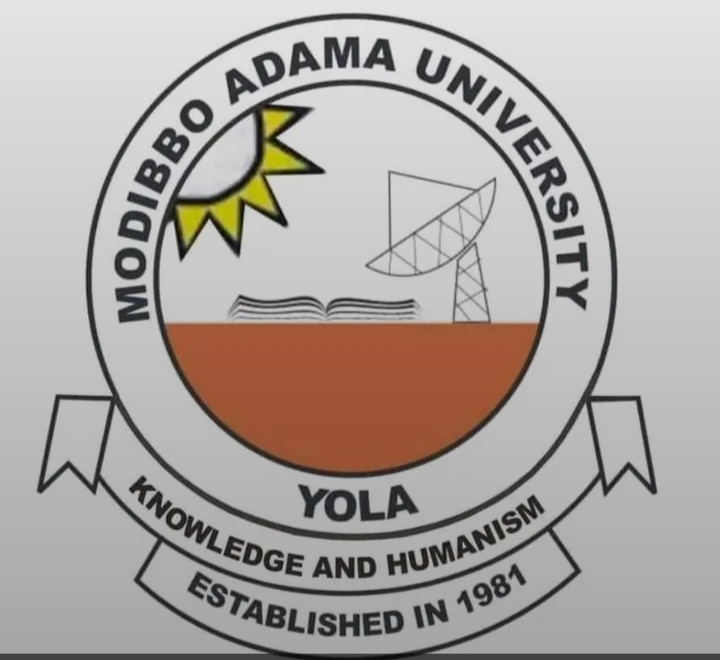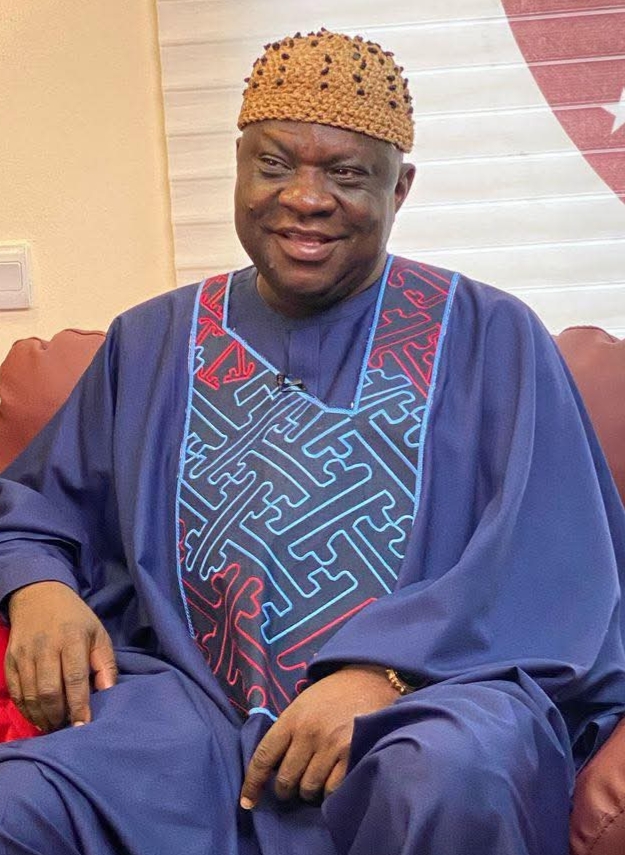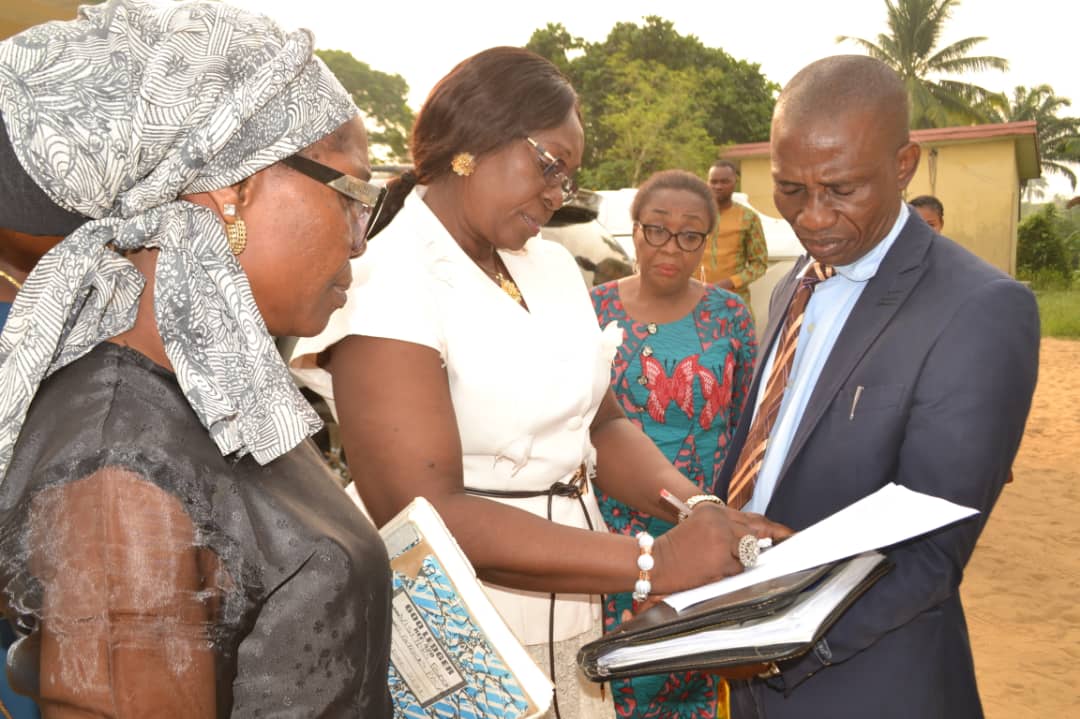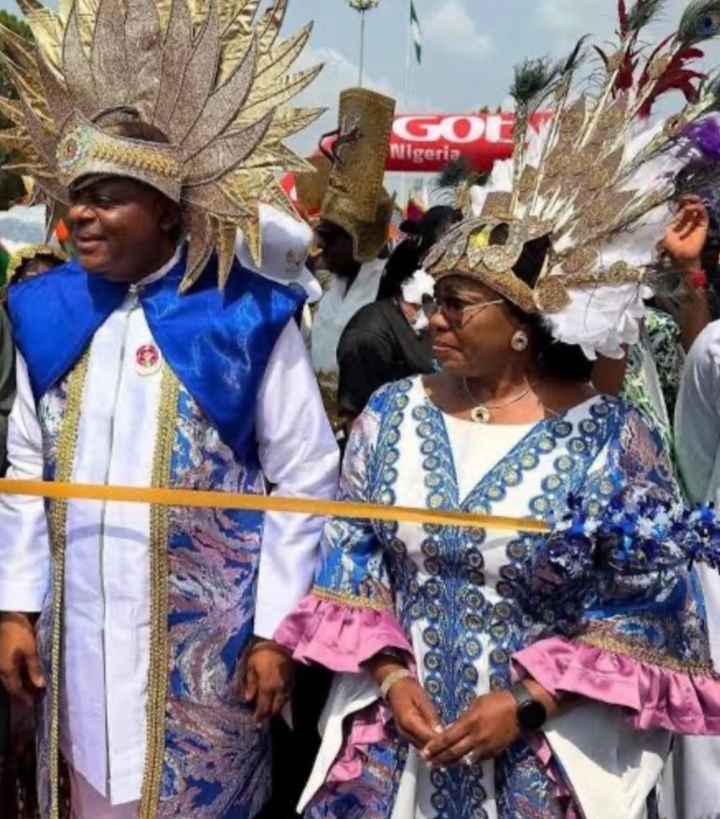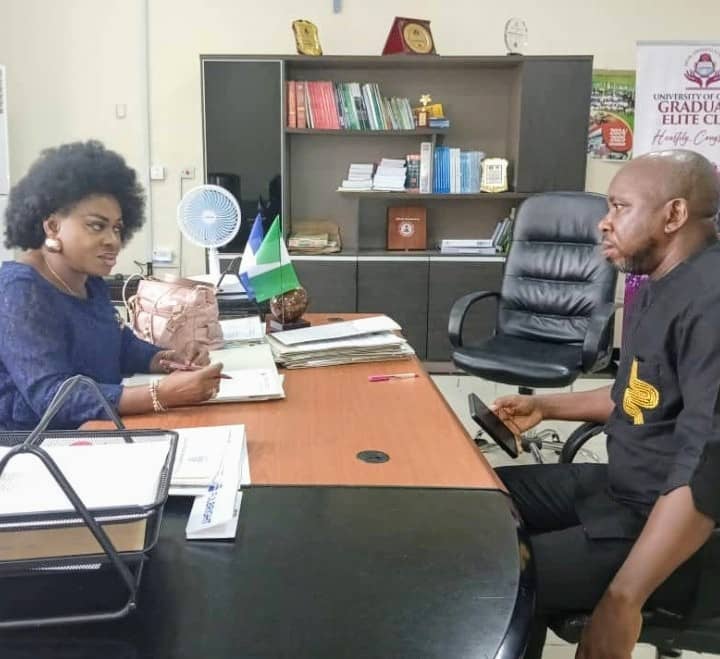By Linus Obogo
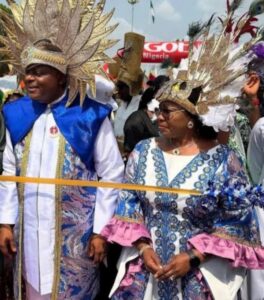
This has been long in coming and in fact, long overdue- bring the 20-years of feeding bottle approach to an end and adopt a more sustainable, self-reliant strategic divestment policy to the management of the biggest street event on the continent.
But in a moment that shall shimmer through the annals of Cross River’s cultural renaissance, His Excellency, Senator (Prince) Bassey Edet Otu, has once again etched his name in gold as a leader not only attuned to the rhythm of his people’s desires but also courageously anchored in the winds of transformational governance. With sublime grace and piercing foresight, Governor Otu, in the hallowed hall of the state executive council chamber, before the conclave of his 32-member council, declared that the 2025 edition of the iconic Christmas Festival — lyrically themed “Traces of Time” — shall be the last to receive full sponsorship from the state. Thus, like a river flowing into an ocean of new possibilities, the carnival is now being released from the gentle grip of government into the wider embrace of strategic partnership and inspired enterprise.
For over two decades, the Christmas Festival and Carnival Calabar have been the shimmering soul of Cross River — a euphoric expression of its plural cultures, a celestial mingling of sound, spectacle, and story. But while the streets throbbed with joy and pageantry, the machinery behind the scenes was oiled, year after year, by substantial state funds. In pivoting from this model, Governor Otu is not drawing a curtain, but lifting a veil — unveiling a future where culture is not merely performed but owned, invested in, and allowed to bloom into a self-sustaining heritage economy.
This move is no mere fiscal maneuver. It is a philosophical awakening. It reveals a governor thinking far beyond his time, one who understands that the truest gifts a leader can bestow are not endless provisions, but enabling environments; not dependency, but dignity. To wean the carnival off public subvention is to invite the spirit of shared responsibility — where every business, every brand, every culture-bearer, and indeed every citizen, becomes a custodian of this glowing treasure.
Indeed, this decision gleams with poetic symmetry. Just as “Traces of Time” evokes the footprints of history and the call of posterity, so too does Governor Otu’s divestment signal the passing of the torch — from government to the people, from administration to collaboration, from obligation to opportunity. It is a declaration that our cultural expressions must now be buttressed by creative entrepreneurship, and that the economic soul of tourism must be awakened not by endless government spending, but by the alchemy of innovation, patronage, and purpose.
It takes extraordinary wisdom to know when to let go, and even greater courage to do so with elegance and poise. Governor Otu, in his signature calm and golden style, has shown both. He is not merely tightening the fiscal belt; he is expanding the spiritual waistline of our cultural ecosystem. In this bold gesture, he has proclaimed: let those who benefit, invest; let those who dance, also build the stage; let those who cheer, also help bear the cost. This is the true meaning of participatory culture — where the people do not wait for culture to be served, but become co-chefs in the banquet of heritage.
And what a banquet it will be. Freed from the constraints of bureaucratic budgeting, Carnival Calabar now has the chance to soar — to become not just Africa’s biggest street party, but its most innovative cultural platform. Corporate Nigeria, the Diaspora, multinationals, artists, artisans, dreamers and doers — all are summoned to the table. Governor Otu is in essence telling the world: Cross River is no longer offering culture as consumption, but as capital.
This profound policy shift also weaves seamlessly into the broader tapestry of Governor Otu’s developmental vision — a People First agenda that reimagines tourism not as seasonal delight, but as year-round economic strategy. It reflects his administration’s commitment to reducing the weight of recurrent expenditures while reengineering government as an enabler of enterprise. Here is a leader who sees in every masquerade not just beauty, but business; in every cultural troupe not just talent, but trade.
As the final state-sponsored edition of the Christmas Festival approaches, the air in Calabar is already pregnant with nostalgia and anticipation. Yet beneath the pageantry, a powerful idea is taking root — that culture is not a burden to be carried, but a bridge to be built. Governor Bassey Edet Otu has not just announced a change in policy; he has lit a fire in the soul of a people, bidding them to rise, to own, and to inherit the legacy of the carnival. In this act of visionary release, he has written a new verse in the poetry of leadership — and history, surely, shall sing his praise.
Obogo, is Chief Press Secretary/Special Adviser on Media and Publicity to Governor Bassey Edet Otu.

